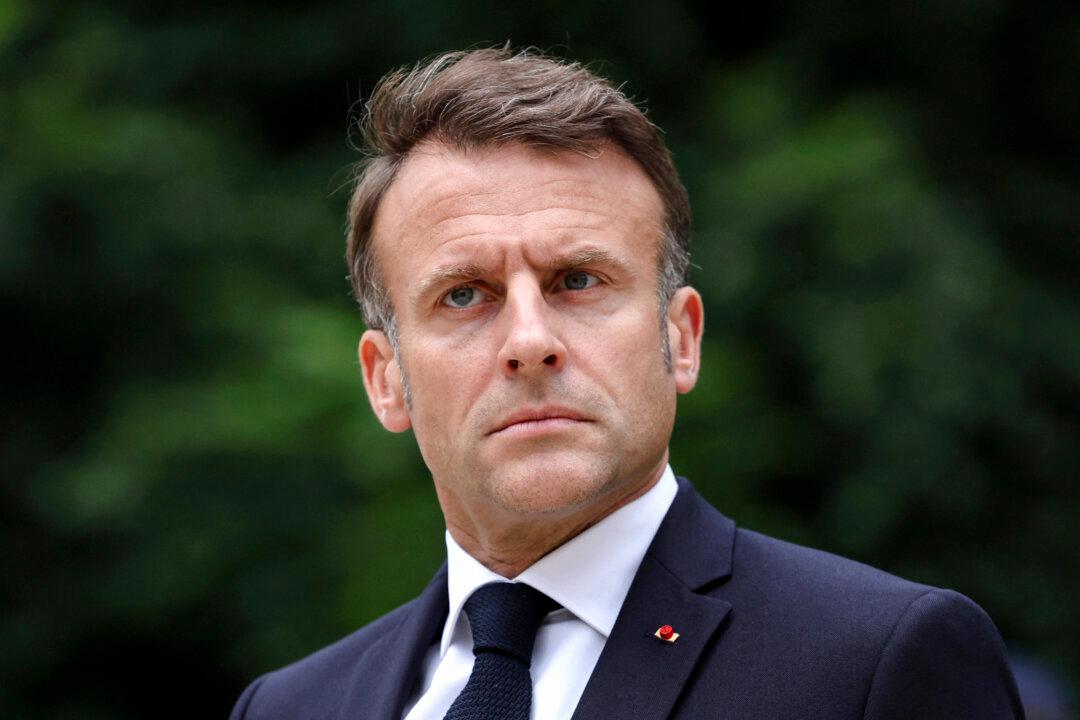French President Emmanuel Macron announced on Sept. 21 the formation of a new government, after two months of deadlock following a snap election in June that resulted in a hung Parliament.
The new 39-member Cabinet is composed largely of centrist and right-wing politicians, signaling a shift to the right, as Macron appointed members of the conservative Republicans party to key positions.





